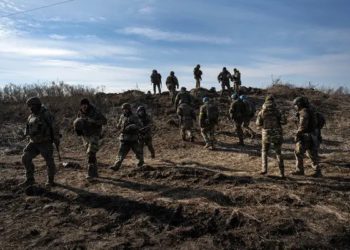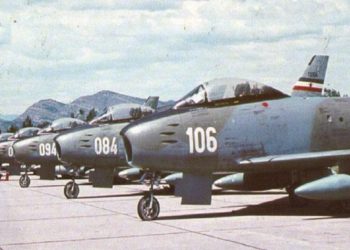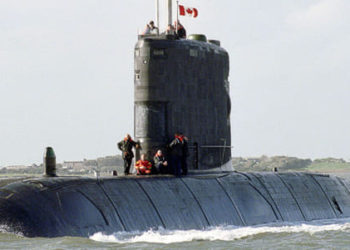The Mysterious Disappearance of USS Cyclops (AC-04)
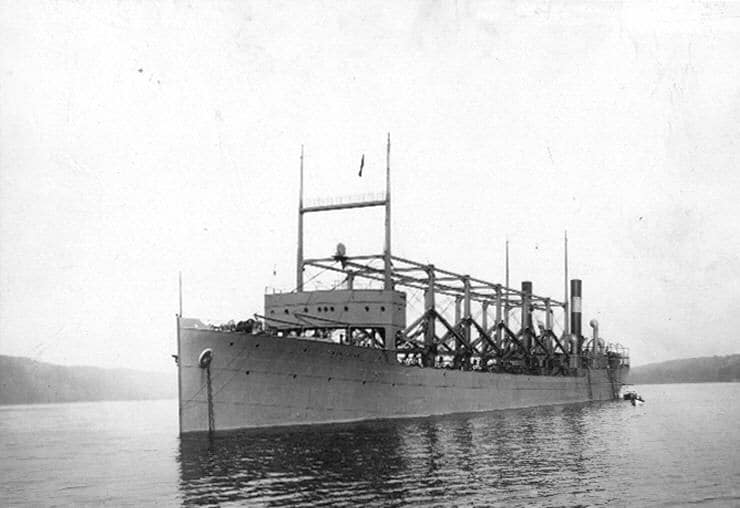
Okay…. This is probably one of the most well-known military mysteries out there.
During World War One, the Navy collier USS Cyclops (AC-04) vanished without a trace while en route to Baltimore, with a load of manganese ore. Up until that point, it was the largest loss of life suffered by the U.S. Navy. As all 306 crew and passengers vanished along with the ship and considering the course it was taking, many believe she was just another “victim” of the infamous Bermuda Triangle.
Design Flaws and Poor Management
Now considering what I have been posting all month, you probably expect me to go on some kind of tangent about UFOs/aliens/sea monsters or some other jazz like that. But it’s more than likely that Cyclops was the victim of both a design flaw and just poor management by the captain.
For one thing, though able to carry other cargo, Cyclops was designed to be a collier. Later investigations into the disappearances of her sister ships Proteus and Nereus suggest that the I-Beams of the vessels had begun to be eaten away due to the nature of the cargo. Manganese ore is a key component in the manufacturing of munitions and if not stored properly, it could actually eat away at other metals. This leads us to the possible key factor to the loss, Lieutenant Commander George W. Worley.
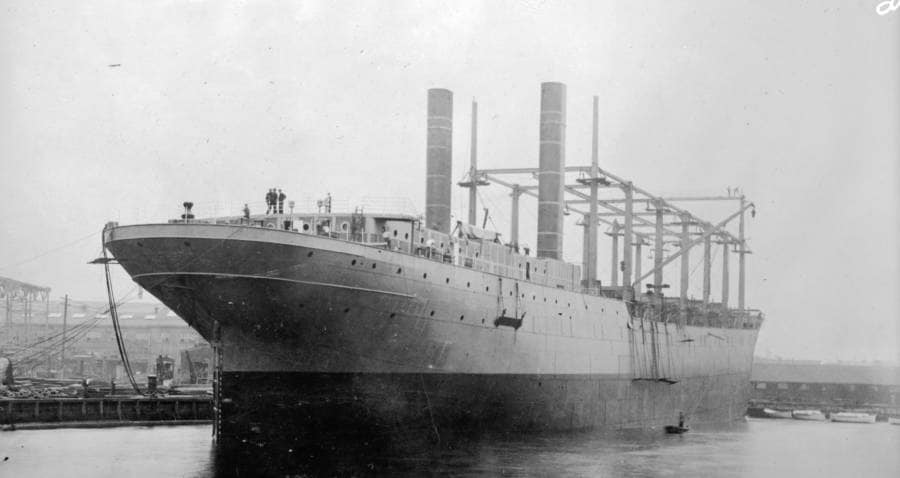
The Role of Lieutenant Commander George W. Worley
Now Worley was a member of the Navy Auxiliary Reserve and had a bit of a reputation among the men who served under him, none of which were good. Despite being a somewhat experienced Ship Master, Worley was not what you would call “professional”. He would occasionally brutalize crew over trivial mistakes and was just not a pleasant person to be around. He would cuss out officers and crew for minor offenses, and it was reported that he actually chased an ensign around the ship with a loaded pistol. Keep in mind, the Navy didn’t know anything about these things until after the Cyclops went missing. He was even seen at one point, walking around the ship in nothing but long underwear and a derby hat. He was also notoriously lazy.
But the most notable thing he did that may have contributed to the loss of the Cyclops is the fact that Worley had a habit of having inexperienced officers take charge of loading cargo. I don’t think I need to tell you just how important it is to make sure cargo is loaded properly onto a ship, so it would make sense to have people who know what they are doing take charge. This was the case in Brazil, as Worley had a “green” officer take charge of loading the ship, while more experienced officers were confined to quarters. As a result, the ship was overloaded, though not by much.
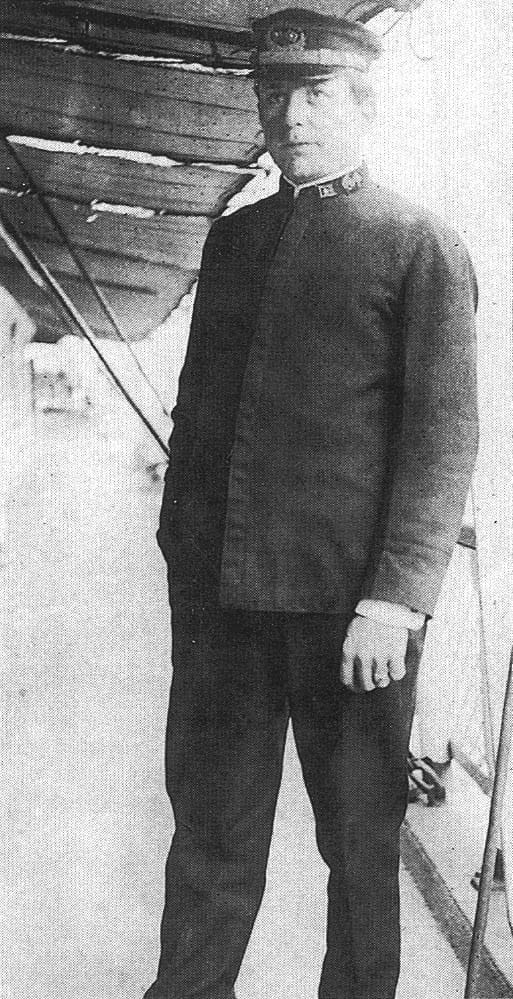
The Final Speculation
So putting these factors into play, it’s more than likely that while en route to the U.S., the Cyclops may have encountered some bad weather. With a weakened hull, the vessel split apart and sank within a matter of minutes. The crew may not have even gotten a chance to transmit an S.O.S. Now while this is only speculation, it is possible that this is what happened.
~NC



